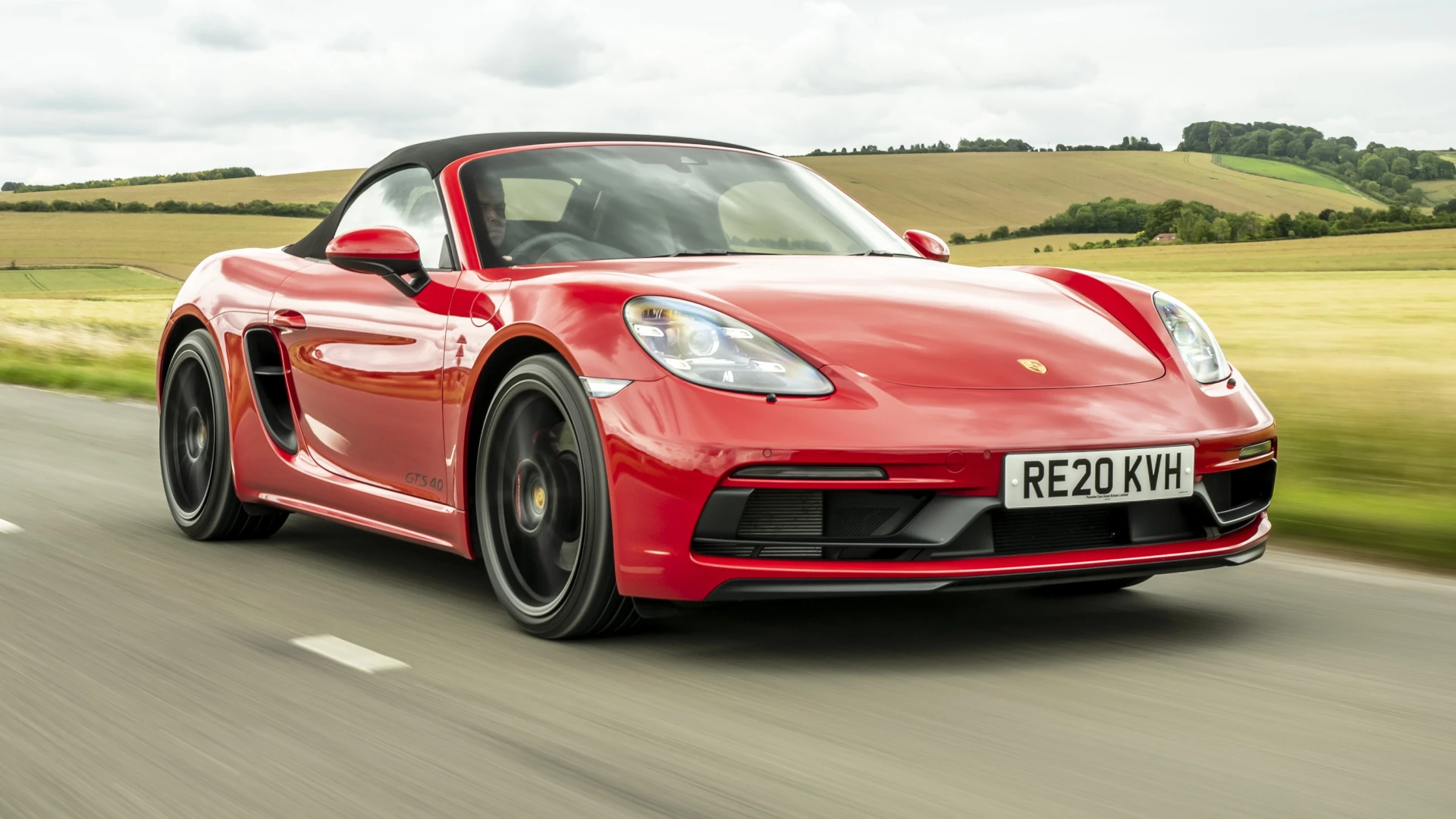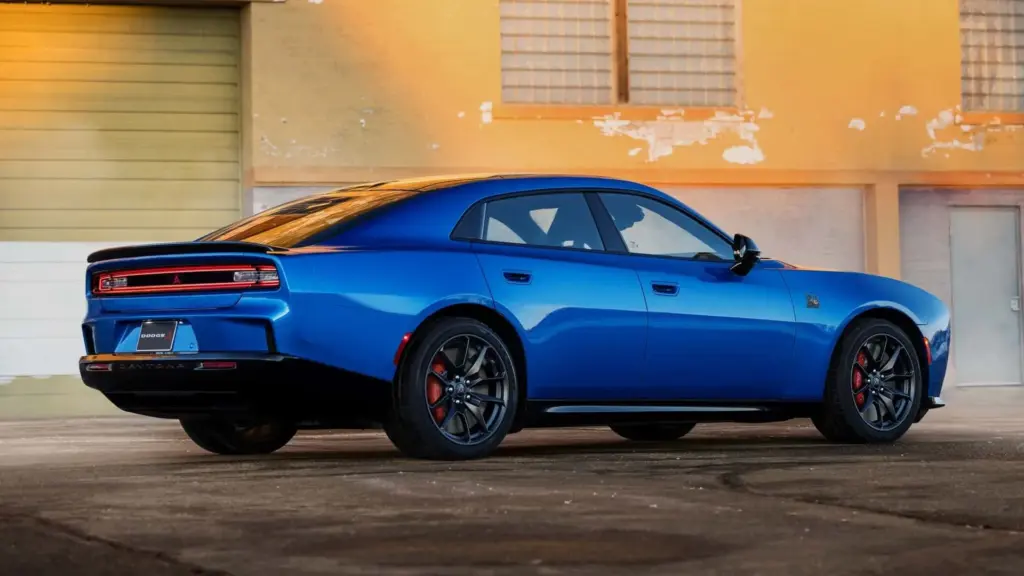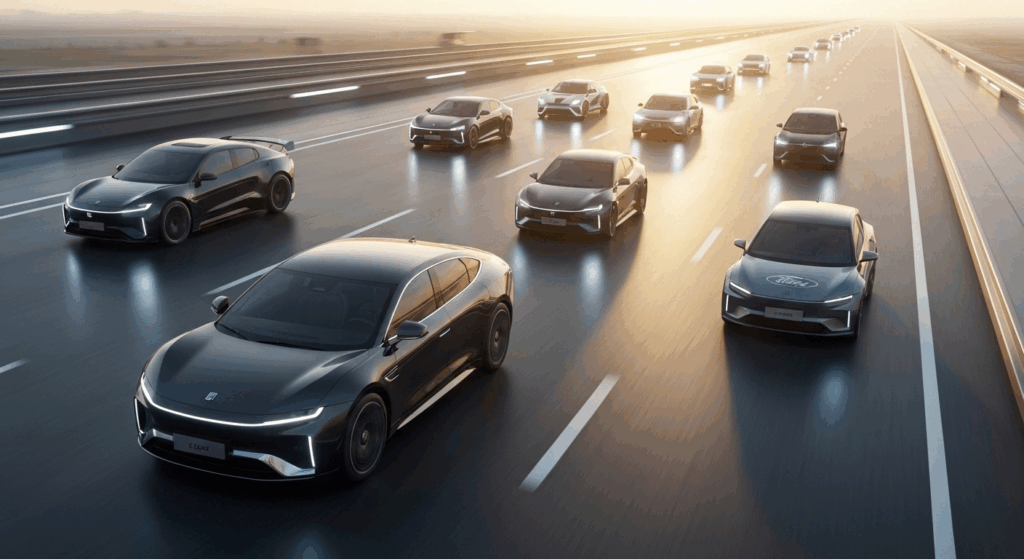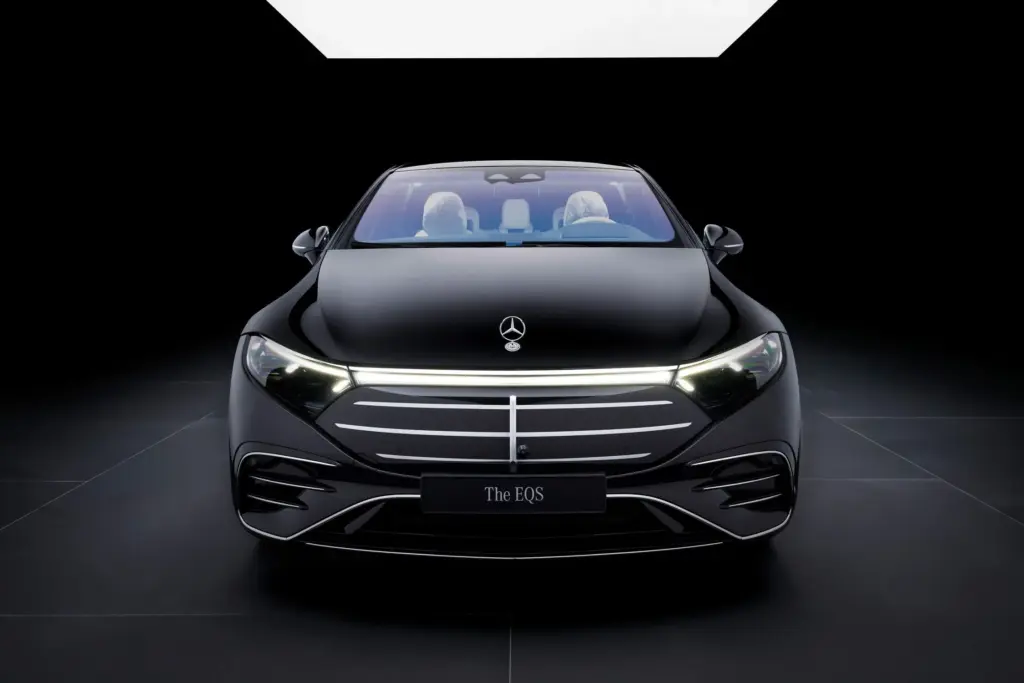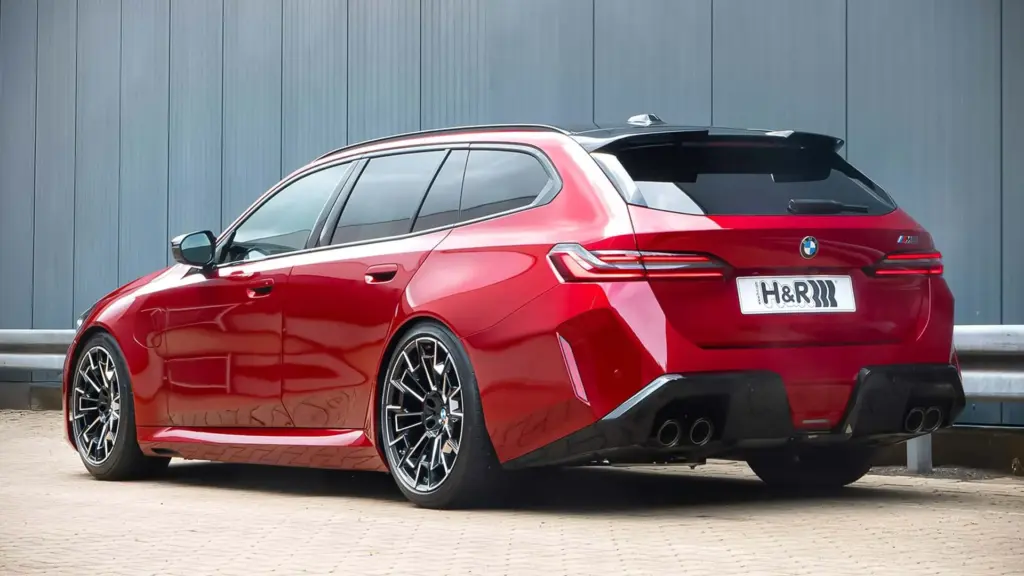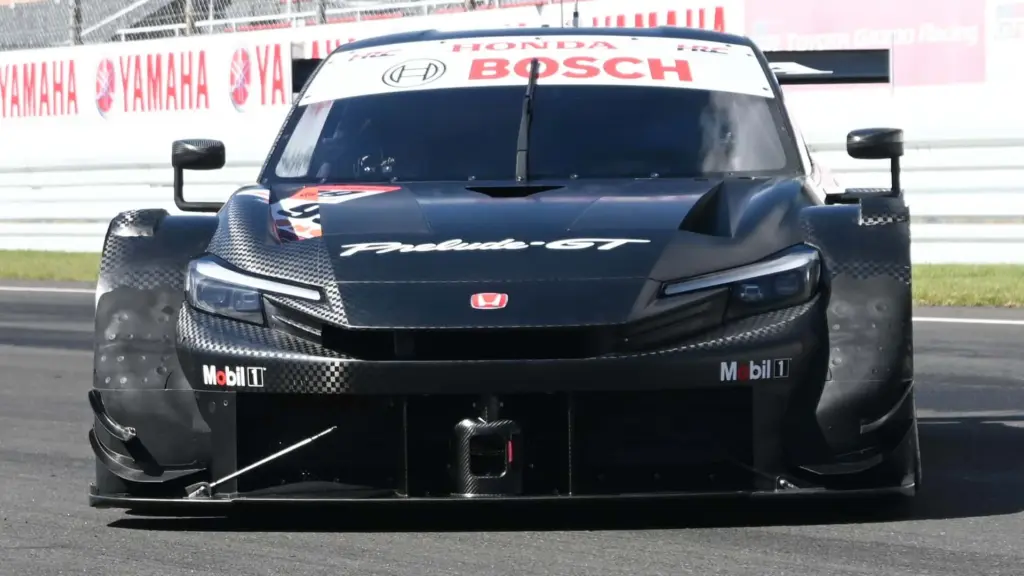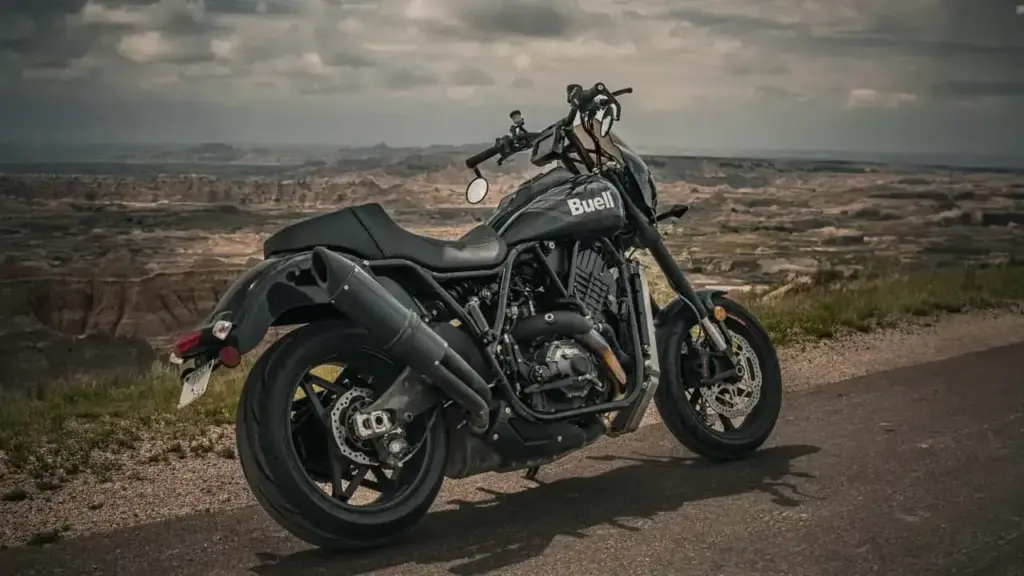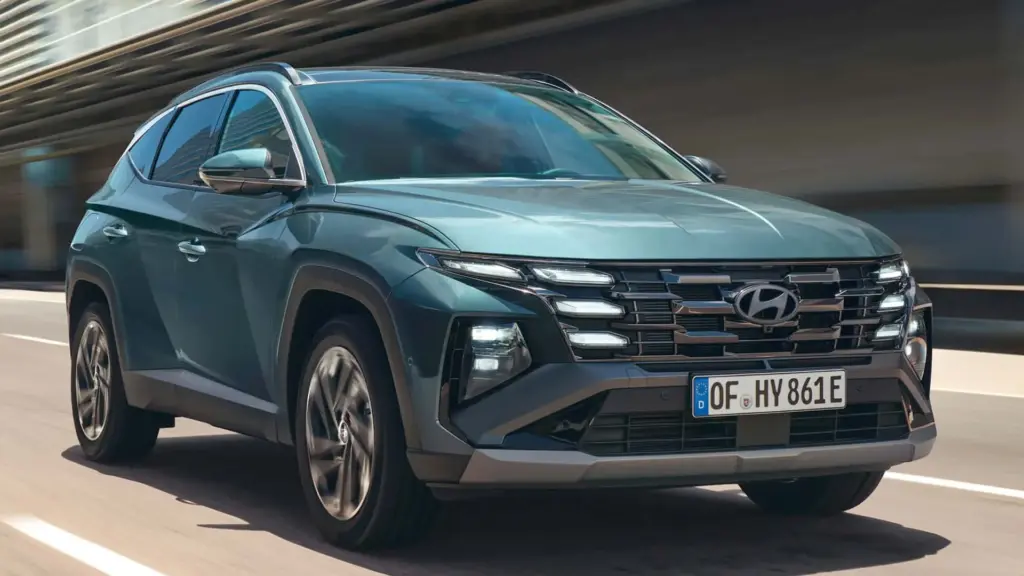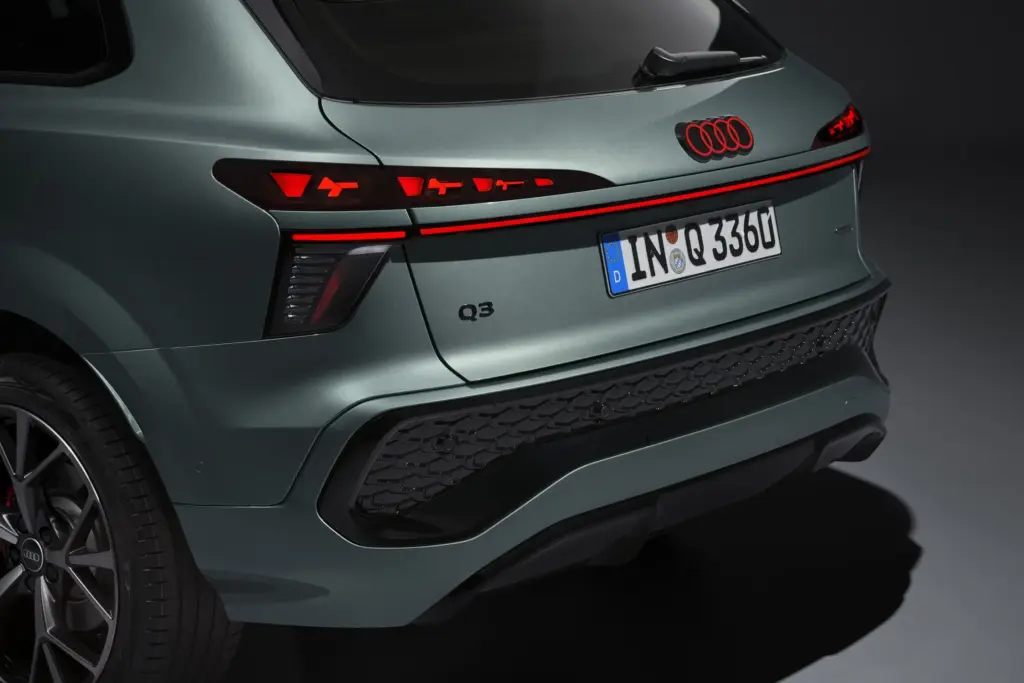Earlier this year, Porsche was forced to retire the 718 Boxster and 718 Cayman in Europe due to new cybersecurity regulations. The gasoline-powered Macan suffered the same fate. However, the pair of sports cars and the crossover are still available for purchase outside of the European Union. But not for long.
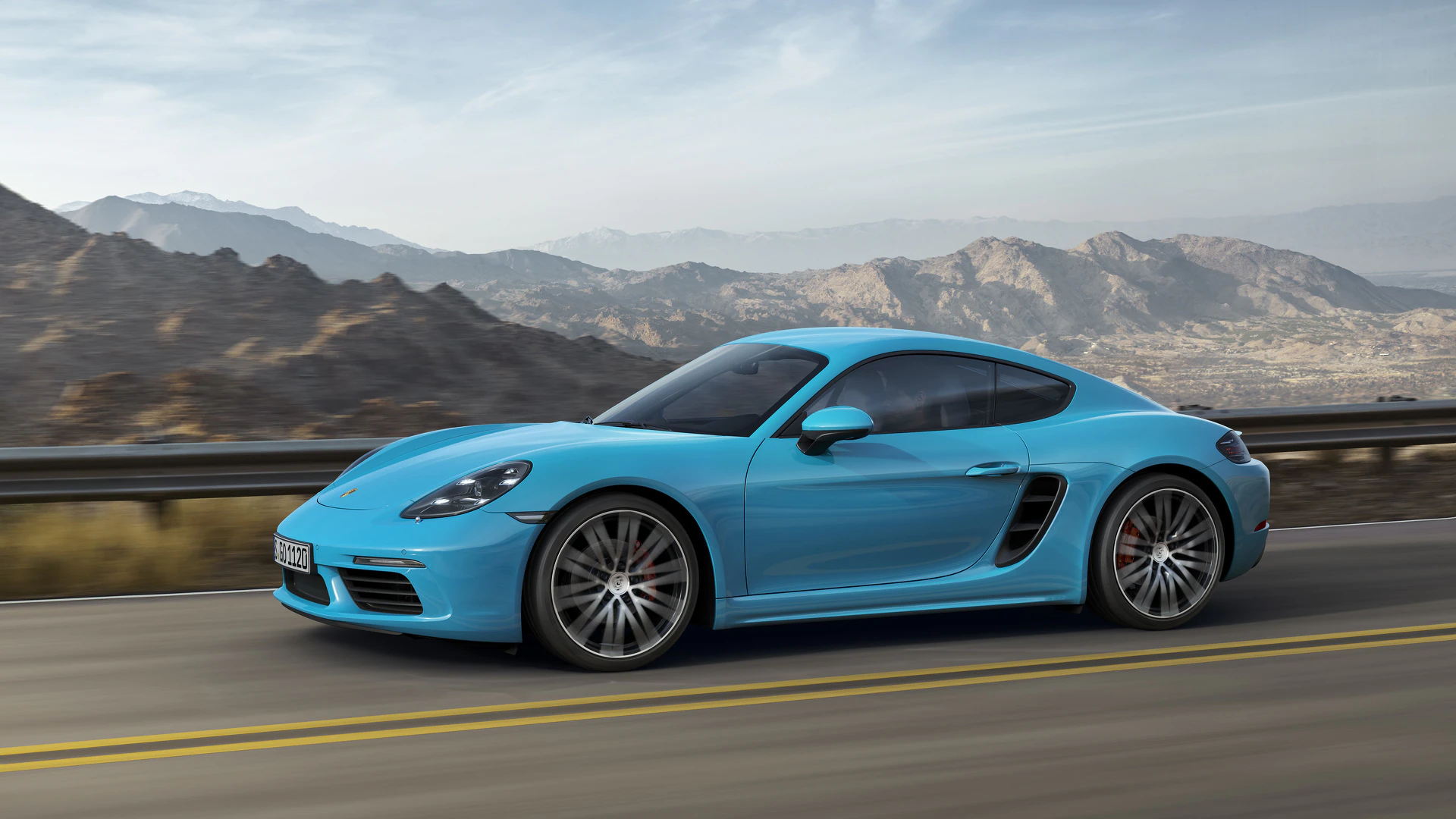
Porsche Retires 718 Boxster and Cayman in Europe
Porsche’s production manager, Albrecht Reimold, revealed that the Boxster and the Cayman will cease production by mid-2025. The company is moving forward with a fully electric replacement for the duo, which Reimold has already had the opportunity to drive. He promises it will be a “truly fun car.” No further details have been disclosed, but judging by recent sightings, it’s likely the convertible will be the first to be launched.
The new cybersecurity regulations in Europe pressured Porsche to make this decision. These regulations are becoming increasingly stringent and directly impact the feasibility of producing combustion engine vehicles. Therefore, the transition to electric models is not just a trend, but a necessity for the automaker to remain competitive in the European market.
The 718 lineup, consisting of the Boxster and Cayman, saw a significant sales growth in 2023, with a 13% increase totaling 20,518 units. This popularity reflects consumer acceptance of the models, making the decision to discontinue them even more impactful. However, Porsche believes that the transition to electric models will be well-received, offering a new driving experience to brand enthusiasts.
Gasoline Macan Discontinued by Porsche
Another iconic Porsche model facing the chopping block is the previous generation Macan equipped with gasoline engines. Although the new electric successor has already been launched, the old sports crossover is still being sold outside of Europe. Reimold stated that by mid-2026, the company will be “fully committed” to the electric successor, thus accelerating the end of the combustion Macan due to limited parts availability.
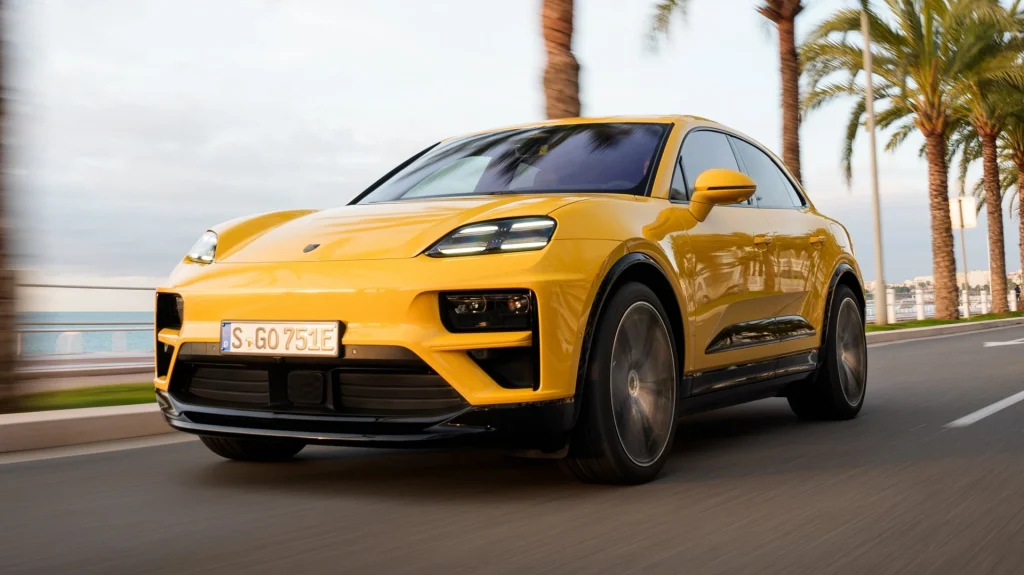
The increasingly stringent regulations in Europe are also a determining factor for the end of the combustion Macan. Reimold mentioned that it would not be financially viable to invest in a 10-year-old car, even though it was one of Porsche’s best-selling products. “Volume alone is not a benchmark for us as a luxury manufacturer,” he said, emphasizing the importance of innovation and adaptation to new market demands.
Despite the popularity of the Macan, with steady sales of 87,355 vehicles in 2023, Porsche is confident that the new electric model will attract buyers who previously opted for gasoline engines. The transition to electrification is seen as a natural evolution for the brand, which aims to maintain its legacy of performance and luxury while adapting to the new realities of the global automotive market.
Porsche’s transition to electric models represents a significant shift in the automotive industry, driven by stringent regulations and the need for innovation. The end of the 718 Boxster, 718 Cayman, and gasoline Macan marks the beginning of a new era for the automaker, which aims to continue offering high-performance vehicles, now with a more sustainable footprint. The next few years will be crucial to see how consumers and enthusiasts will react to these changes, and if Porsche will be able to maintain its iconic status in the world of sports cars.
Author: Fabio Isidoro
Founder and editor-in-chief of Canal Carro, he dedicates himself to exploring the automotive universe with depth and passion. A car and technology enthusiast, he produces technical content and in-depth analyses of national and international vehicles, combining quality information with a critical eye for the public.

